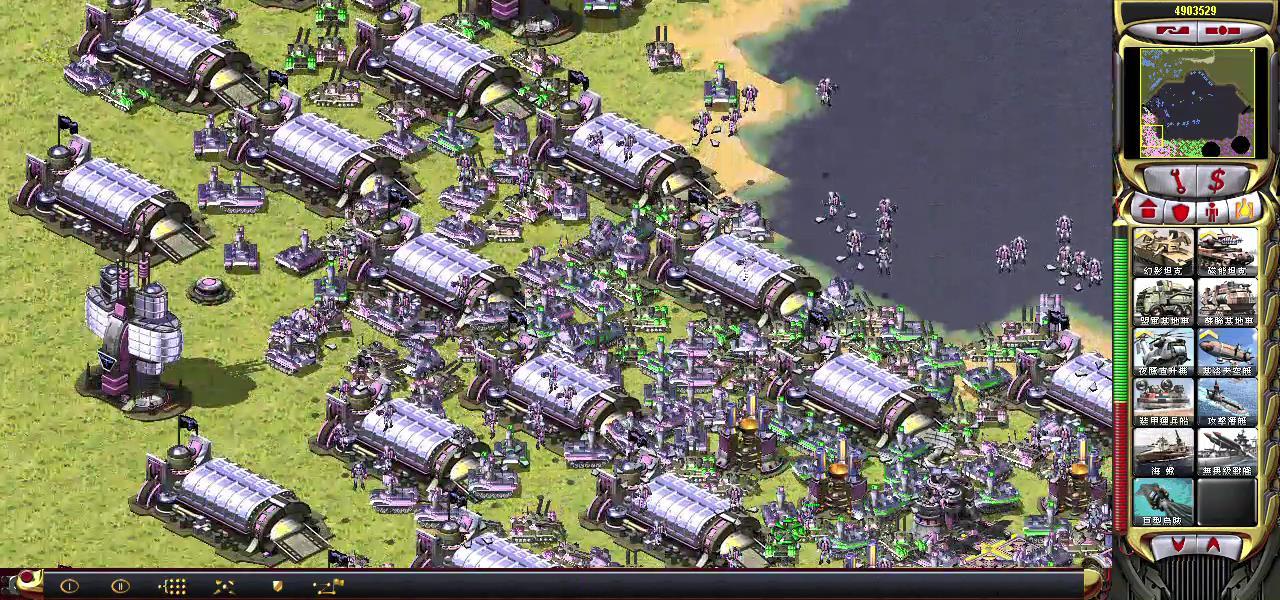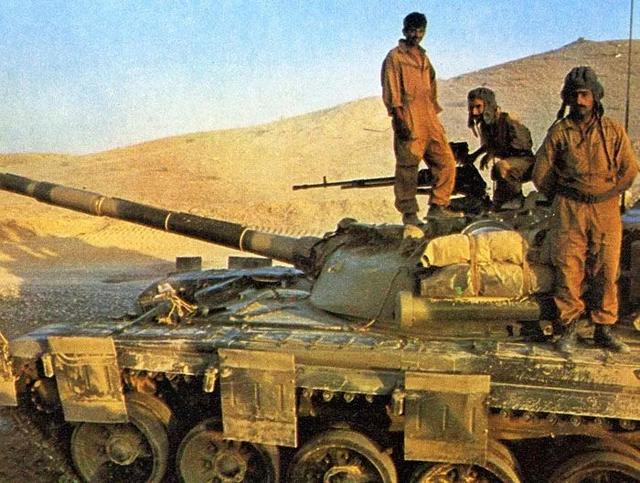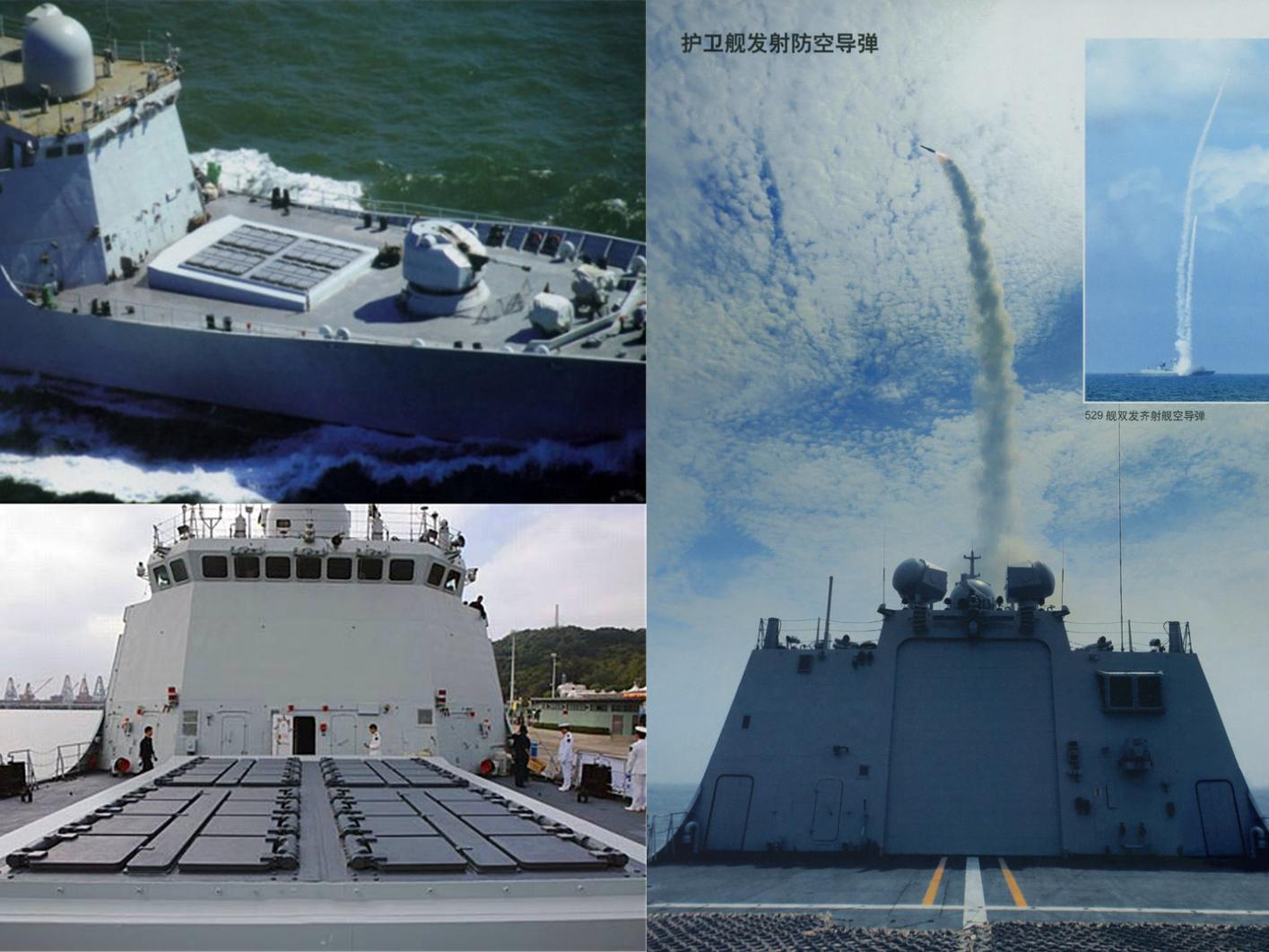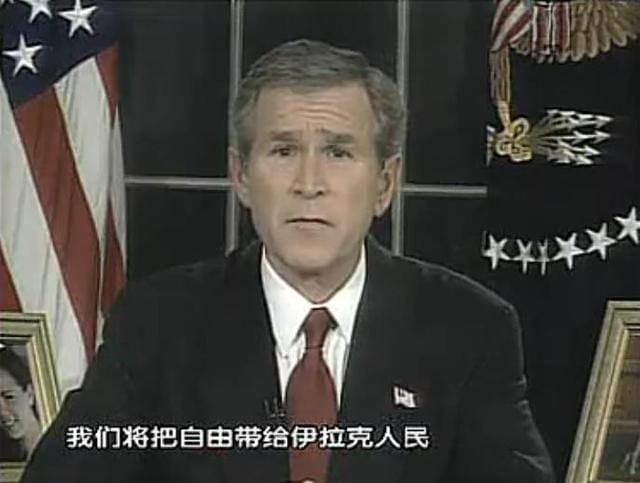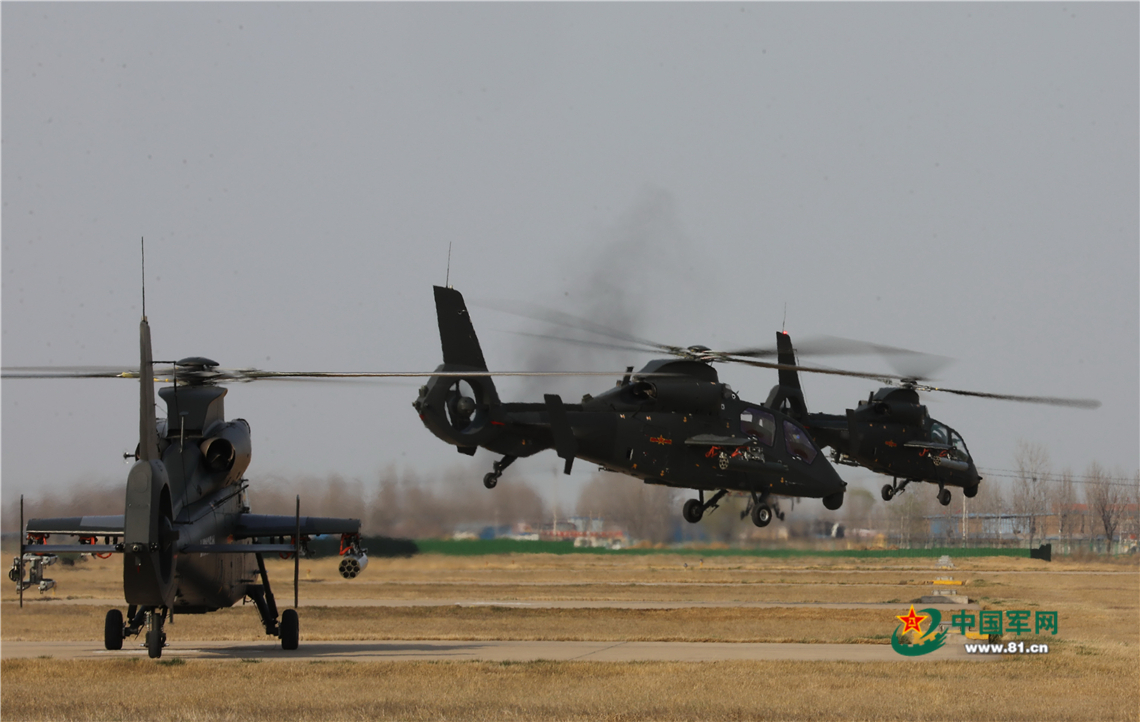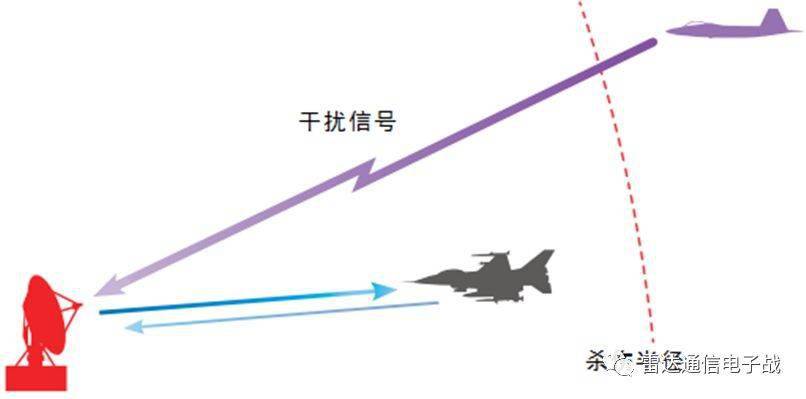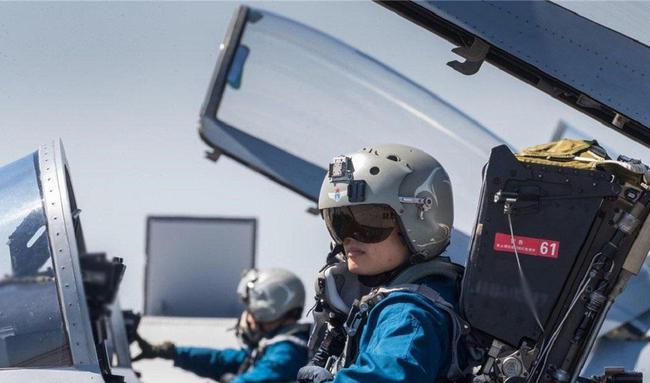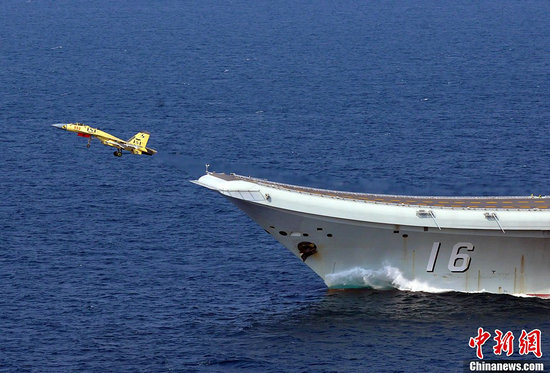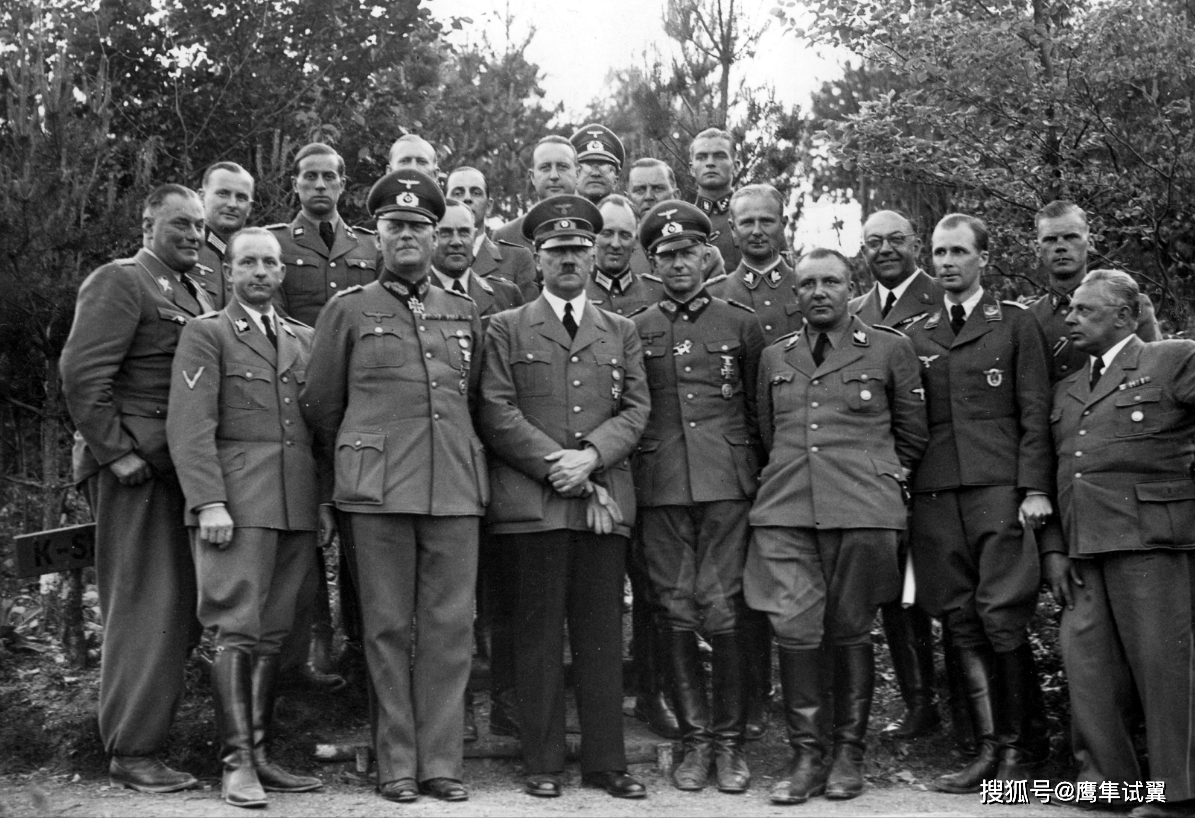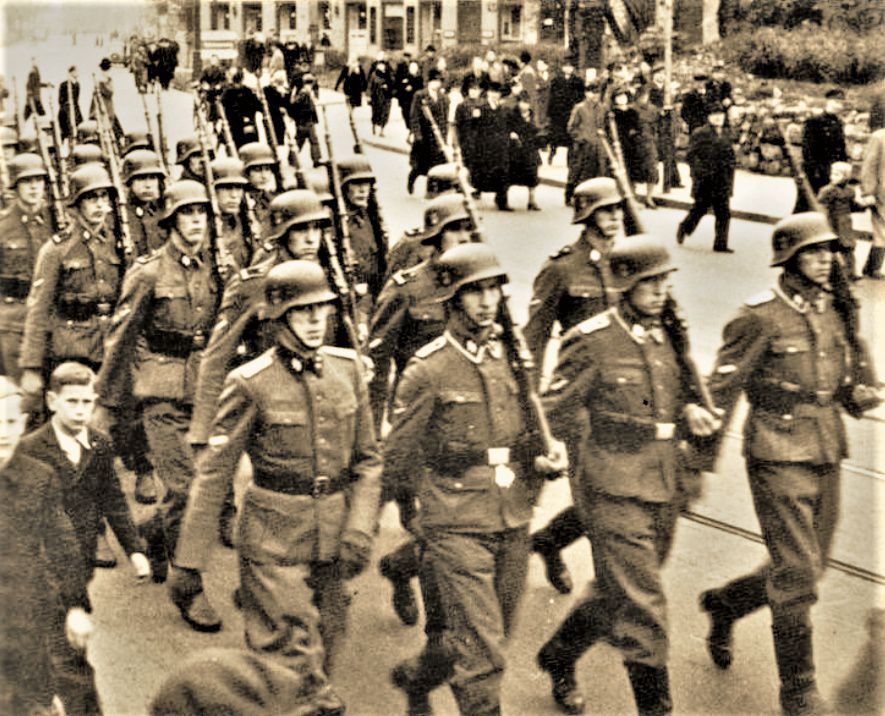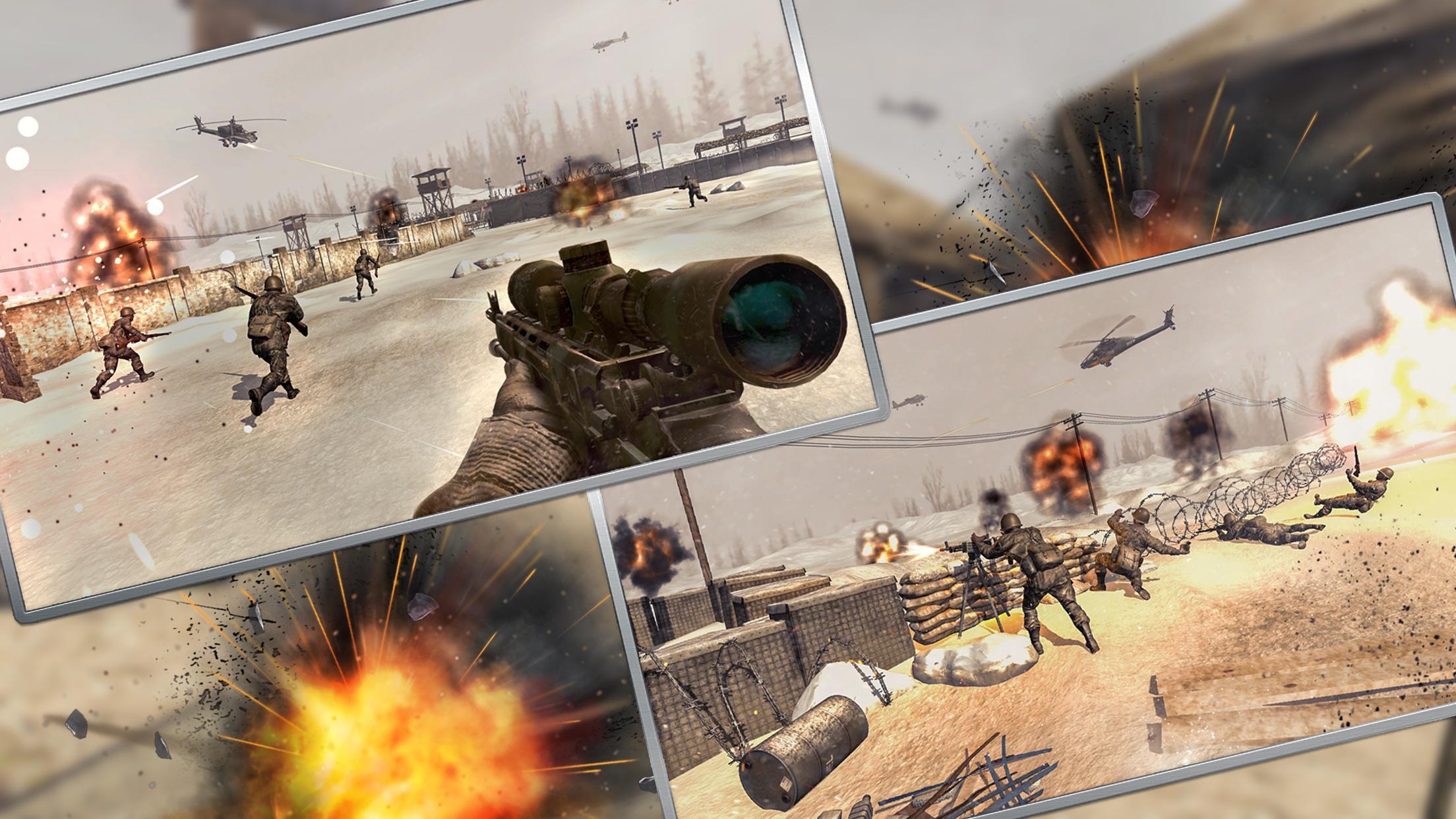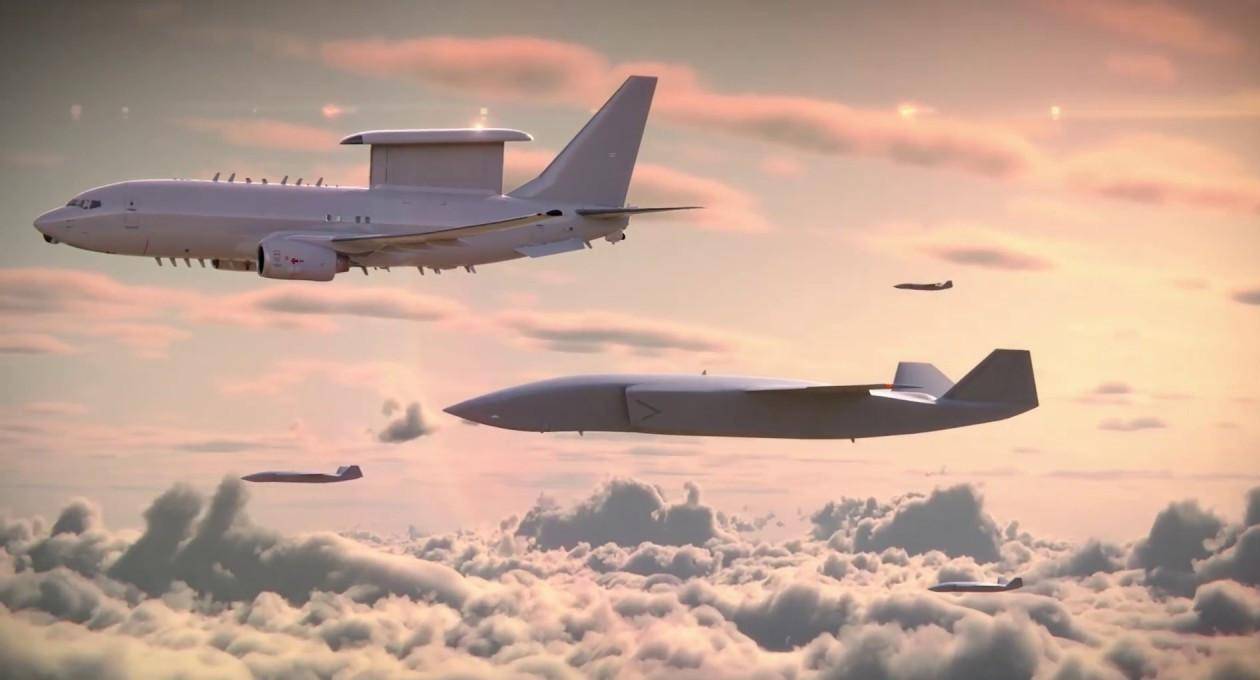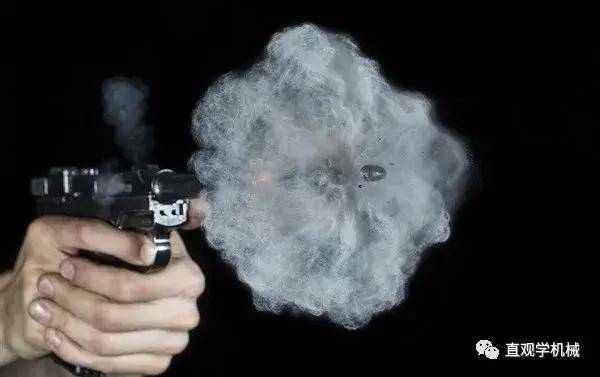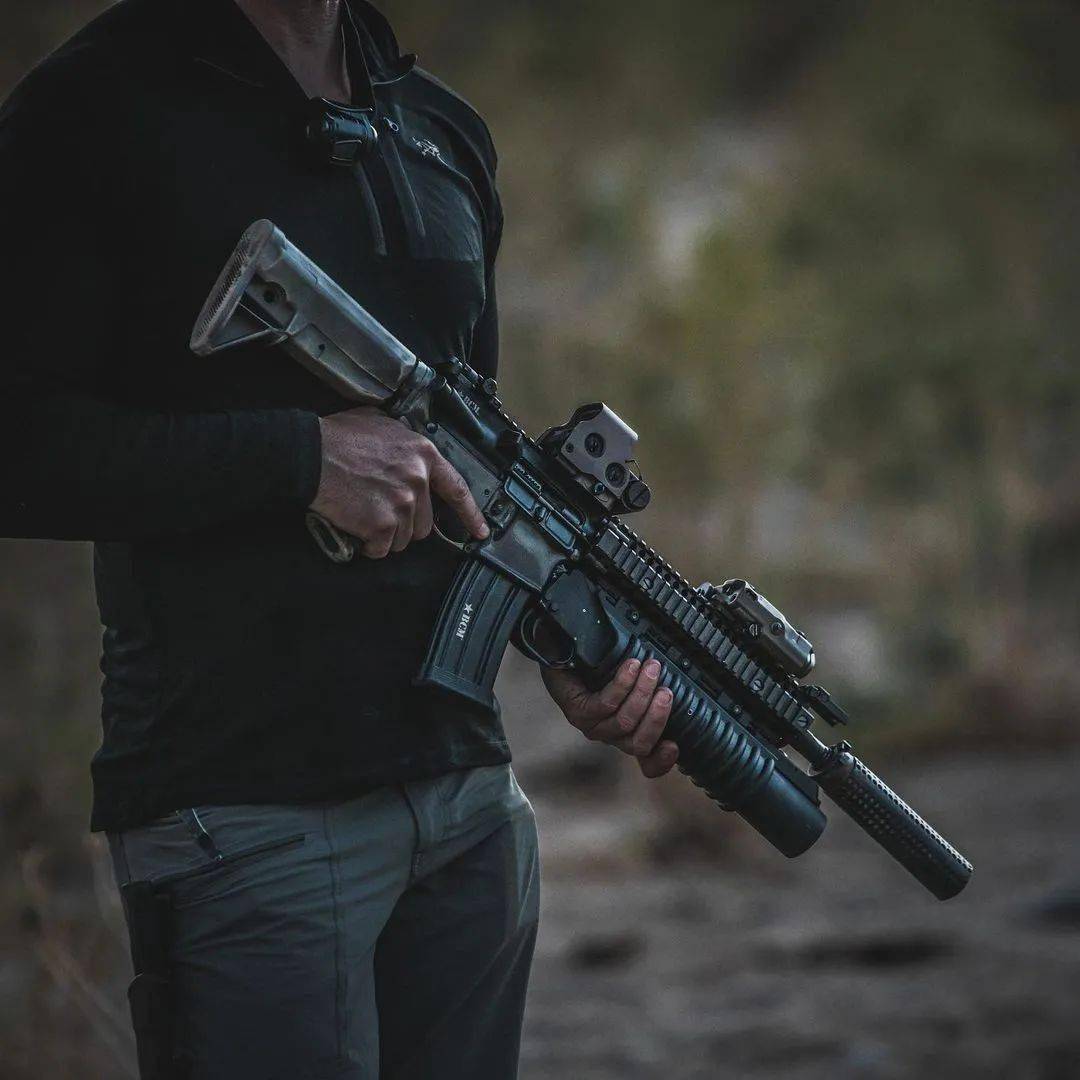简介
经总参部、总政治部、总后勤部、总装备部批准,新修订的《中国人民解放军士官管理条例》发布实施2011年6月下旬,这是认真贯彻落实胡主席关于国防和军队建设的一系列重要讲话的切实举措。这是严格按照中央军委决策部署,加强士官管理法规建设的重要成果。 ,意义重大。背景
自1978年建立士官制度以来,中国人民解放军先后建立了士官选拔、培养、聘用、管理和退役等一系列规章制度,形成了相对较为完善的士官制度。成熟、系统的法律制度。现行《士官管理条例》是第四指挥部根据原《志愿人员管理暂行规定》为适应军工改革需要,于2001年1月20日发布的。 ——1999年设立的士官制度。条例实施以来,对加强全军士官队伍建设,提高士官管理法制化水平发挥了十分重要的作用。但是,随着形势和任务的不断发展,士官队伍建设的环境和条件发生了深刻变化,一些新的矛盾和问题也逐渐出现。迫切需要通过政策和制度的创新和完善,寻求解决方案和对策。意义
新修订的《士官管理条例》着力巩固和深化士官制度改革成果。在科学总结解放军士官队伍建设实践经验的基础上,开展士官队伍的定位分类、选拔配置、管理教育、考核待遇等工作。保障体系得到系统丰富和完善。这些新规定贯彻落实科学发展观的本质要求,满足了士官队伍建设的客观需要,体现了对士官队伍建设的新认识和探索。士官队伍法制建设迈上新台阶。
《士官管理条例》是加强士官队伍建设的总章程,是士官管理的基本法律依据。全军要把贯彻落实条例作为一项长期任务,摆在重要位置,高度重视。各级党委领导要站在全局战略高度,充分认识依法建设士官队伍的重要意义,增强指导意识和依法办事意识。各级机关要带头学规、知规、用规,坚持先学一步,为部队做出表率。各单位要采取多种形式,做好条例的教育培训工作,明确条例的基本内容和精神实质,解答官兵在学习和执行中遇到的困难问题,理清条例的基本内容和精神实质。与规定不符的“地方政策”、“地方法规”,严格按照规定和要求抓好贯彻落实,不断推动士官队伍又好又快发展。内容第一章总则
第一条 为加强建设,根据《中华人民共和国兵役法》、《中国人民解放军现役军人服役条例》等有关规定,制定本条例加强士官队伍建设,巩固提高部队战斗力。
第二条 士官从现役期满的应征人员中选拔,或者直接从非军事部门具有专业技能的公民中招收,授予相应军衔的义务兵役军人。士官按工作性质分为专业技术士官和非专业技术士官。
第三条 士官管理应当贯彻依法从严治军方针,坚持原则和规章制度,努力建设一支坚定不移的士官队伍。政治思想高超,业务技能高超解放军枪械管理规定,作风纪律严明,骨干作用明显。
第四条总参部主管全军士官的管理工作,各级指挥机关主管本单位士官的管理工作。
指挥部、政治部、后勤部、装备部按职能分工负责以下工作:(一)指挥部负责分配、选拔、训练、部署、军衔奖励和提升、处罚、士官行政管理(二)政治机关负责思想教育、政治待遇、奖励、婚姻、随军家属及子女入园、抚恤优待、再教育等工作) (三)后勤机构负责中士的工资、津贴、补贴、伙食、被褥、住房、生活福利、医疗、劳动保护和伤残鉴定、保险等)。 ,以及家庭医疗。(四)士官专业 指挥部、政冶局相关业务部门) y、后勤代理、设备代理负责技术培训、考核、等级评定。
第五条 各级党委和负责人对本条例的贯彻落实负有重要责任,必须加强领导,统筹规划,督促检查,狠抓落实。第二章设备与使用
第六条士官的编制和使用,应当严格遵守师公编制标准和编制规定。没有士官的单位和岗位,不得使用士官;士官满员的单位不得选拔应征入伍。
第七条 士官的配备和使用,应当严格遵守分阶段设置士官的规定。坚持分阶段选择,分步配置,不允许高配置。士官在此期间出现空缺的,可以分配以下期间的士官。非职业士官和女军官的现役任期原则上为第一任期。
第八条士官应当严格遵循培训一致、专业对口的原则。专业技术士官与非专业技术士官之间,专业技术士官在不同专业岗位之间,不得占用、挪用人员岗位。
第九条 士官的配备和使用应当优先支持应急机动作战部队、高技术部队和基层连队。
第十条机关和勤务保障单位不得占用基层士官编制岗位。确需临时借用工作的,由团级以上单位指挥机关批准,由主管部门承担,借用时间一般不超过30天。
第十一条 士官一般不安排代理军官。由于工作原因,确实需要安排代理。应经团级以上单位正职批准,一般为副连级以下行政职务和初级专业技术职务,任期不超过6个月。
第十二条士官原则上不得调动。因作战、战备、训练等需要动员的,须经上级指挥机关批准,由主管部门承担。
第十三条专业技术士官不得随意转行。确需调整专业的,应当经有选择权的单位批准。第三章选择
第十四条 士官选拔应当坚持依法办事、注重质量、发扬民主、公开公正的原则,严格按照选拔方案、条件和程序,按照规定的时间和审批权限,确保选拔质量。
第十五条 年度士官选拔计划,由团级以上单位指挥员根据士官编制情况和实际情况,制定,上报各级,印发经总部批准后实施。
第十六条 被选为士官,应当符合《中国人民解放军现役军人服役条例》规定的基本条件,并符合下列条件:(< @一)选拔为士官的应征入伍,应经过团级以上单位的相应要求。培训机构或学院;经学院、指挥部、重点单位培训机构培训的技术兵优先。( 二)选为专业技术士官,应具备相应的专业技能,并通过专业技术考核合格;取得国家《职业资格证书》者优先。(三)选为非专业技术士官,应具备胜任squ岗位的组织领导和管理能力广告负责人;曾任班长、副班长或相当于班长职务(四)高一选拔为士官,本期年度考核胜任以上.
第十七条士官的选拔,按以下程序办理:(一)本人亲自申请。本人应在选拔前1个月向单位党支部提出书面申请。 .(二)基层推荐。基层推荐。党支部组织对申请人进行群众性评审,根据单位空缺情况、遴选条件、情况等提出预选人选。申请者的实际表现。基层党支部不推荐的,不列入预选候选人。(三)组织考核。有权选择和批准单位的领导机关,会同会同有关部门对预选对象进行考核和体检,择优提出拟选名单。(四)组织审批。党委根据选拔条件选拔士官。指挥员提出方案,集体讨论决定选择。经同级批准选拔的士官,以军政领导人名义发布选拔令;属于上级干部审批选拔的士官,报有审批权的党委选拔,下达选拔令。 (五)符合选拔条件的,填写总参军事部统一下发的《士官选拔报告表》,并入档。
第十八条士官的选拔应当与当年义务兵的退役同时进行。短期轮训期间(含本地培训和出国留学)选拔为高中一期士官的士官,由派遣单位按上述时间办理。在大学学习满两年以上,被选为士官或高中一年级士官的学生,毕业时由不入不敷出的培训单位处理。
第十九条 士官选拔的审批权限,按照《中国人民解放军现役军人服役条例》第八条第二款的规定执行: (一)一、二期士官由团(旅)级单位核准,三、四期士官由师(旅)级单位核准,第五、第六士官由军级单位批准。(二)各级指挥部、政治部、后方(联)后勤部、装备部等同级机关,选拔非官直属单位和直属部门的特派干部,由上级部队审批,选拔由指挥机关集中办理。(三)高级军委)各军区、军区司令部、政治部、联(后)勤部、装备部的分派干部,报主管部门备案。指挥部机关和直属单位(附) 下属单位高级学者殿堂的遴选,由总参行政部、总政治部直属工作部、总后勤部指挥部、总指挥部批准。总装备部。第四章训练
第二十条士官必须经过相应的培训才能选拔。非专业技术士官主要从服现役第二年的义务兵中选拔,培训时间一般为三个月;专业技术士官主要从现役第一年应征入伍中选拔,培训时间为五个月。具有复杂专业技能的士官培养对象主要从具有相应专业基础和文化程度的应征入伍中选拔,在现役二年级和三年级进士宫服役,培训时间超过两年。
第二十一条:建立学者分级培养制度。职业技能复杂的士官,由学院、指挥部、重点单位培训机构进行培训;其他专业技术士官经军以下专业培训机构培训;非专业技术士官由教育机构进行培训:
第二十二条学校和培训机构不设置专业士官培训对象,团级以上单位统一组织短期培训,或派往军队和地方专业对口人员培训.
第二十三条中高级士官因工作需要或者更换军用武器装备,应当接受持续培训。士官的继续培训,由军级以上单位规划,由有关院校和培训机构承担。必要时可派往当地或国外有关单位进行培训,培训时间根据需要确定。
第二十四条团(旅)级单位应当根据军队建设需要和士官素质,有计划地组织士官开展岗位培训。 ,从而提高士官的业务技能、理论水平和组织管理能力。利用函授、电大、自学考试等多种形式,组织士官参加在职学历教育,使初级士官达到中专(中专)水平),中高级士官达到大专以上水平。第五章教育
第二十五条 党委(支部)和各级机关要不断分析研究士官思想状况,加强思想政治教育,提高士官思想政治素质、军事职业素养。素质、科学文化素质、身心素质。
第二十六条从士官思想实际和履职需要出发,组织士官认真学习邓小平理论和江泽民同志关于新时代军队建设的重要论述,并开展爱国奉献、革命人生观、敬业爱军和勤奋教育,引导士官坚定理想信念,强化职能意识,培养良好的军德,增强遵纪守法的理念。
第二十七条根据部队情况和教育内容,确定组织实施士官教育的方式和方法。士官教育一般与应征入伍者一起进行,解决士官思想倾向问题的教育可以单独组织。必要时,对中高级士官进行强化教育。
第二十八条:做好士官日常思想工作,广泛开展心连心活动,加强行为引导,解决士官服务态度问题,升迁、求知求才、婚姻、家庭、人际关系。现实生活中的思维问题。组织士官积极参加“双比拼”评比活动,激发士官练兵当先、学当楷模、纪律当标兵、技术当专家的积极性。重视解决士官的实际困难,帮助他们解决问题。
第二十九条按照军队党组织党员发展的有关规定,做好宫内党员发展工作。基层党组织要加强对士官和党员的教育、管理和监督,充分发挥他们在各项工作中的先锋模范作用。第六章日常管理
第三十条 师公应当认真履行军人职责,模范遵守国家法律法规和军队规章制度,刻苦学习本职工作,尊重领导,服从管理,充分发挥发挥关键作用,积极协助干部做好工作,为新兵树立榜样。
第三十一条:建立士官定期报告制度、群众考核制度和检查分析制度。士官应每六个月报告一定范围内的履职情况,通常与半年和年终工作总结相结合;基层单位要定期组织群众对士官思想和工作情况进行检查;团级以上单位 检查分析解放军枪械管理规定,表彰先进,树立典型,总结经验,纠正存在的问题。
第三十二条 士官原则上不得在驻地或部队内寻婚。对30周岁以上的孤儿、残疾人、个体士官,回乡找靶确有困难的,要求在军站找靶,要严格控制,经政治部批准。军级以上机关。在边境县(市)、沙漠地区、国家划定的边远地区三类地区、一、二类海岛部队服役的中级以上士官个人确定到了指挥部,我提议在兵站找个目标。 ,必须符合当地民族政策,经团级以上政治机关与当地县级民政部门协商同意,经处级以上政治机关批准,签订调兵就地安置协议,是否可以让他们在军站寻找目标。结婚。士官不得将不符合入伍条件的配偶或子女的户口迁至军站或在军站购买户口。
第三十三条 士官除家属临时来队期间外,必须留在公司(基层单位)。已婚士官,家在驻地附近,节假日不值班或其他公务时,经业务级以上单位领导批准,可以回家留宿。在偏远困难地区的仓库、雷达站、通信线路维修站等单位工作的已婚士官,在生活条件允许的情况下,经领导批准,家属可以来队居住。处级以上单位;单位需要招聘工人时,优先录用士官家属。
第三十四条 士官按照《中国人民解放军现役军人服务条例》的有关规定享受探亲(假)假。对符合探亲(休假)条件的士官,要根据部队任务和人员出勤率有计划地安排。因特殊情况,经团级单位领导批准,士官可分两次安排放假,往返旅费按全团统一标准报销一次军队。
第三十五条 士官档案,按照总参谋部《军人档案管理规定》,由批准选拔单位的指挥机关统一管理,并指定专人负责。第七章考核
第三十六条 士官考核分为预选考核和年度考核,根据士官的资格条件和职务(拟任)职务要求进行考核。考核内容包括政治思想、专业技术、作风纪律、关键岗位等。考核结果应分为优秀、称职、不称职,作为实施奖惩或选择土宫的基本依据。
第三十七条士官的选拔必须先经过考核,未经考核不得选拔。士官选拔前的考核工作,由指挥机构会同政治、后勤、装备机构组织实施。指挥机关主要负责军队素质、管理能力、文化程度等考核;政治机关主要负责政治思想评价等方面工作;后勤机构主要负责体检等方面的工作;设备机关及其他相关业务部门主要负责专业技术考试等工作。
第三十八条士官年度考核由基层单位结合年终总结进行。按照个人述职、民主评价、综合评价、组织考核等程序,对士官的实际表现进行综合考核,得出考核结论。以适当的方式亲自见面。第八章治疗
第三十九条士官实行薪酬制度。士官的基本工资由军衔工资、基本工资和军龄工资组成。
第四十条 士官按照有关规定享受下列津贴、补贴、补贴:(一)士官按军衔享受军人职业津贴。(二)非——军官按规定条件和标准享受伙食补贴)、福利补贴和生活津贴。(三)担任基层行政或专业技术领导管理职务的士官,按规定享受岗位津贴。符合规定标准的。经团级以上单位正职负责人批准,担任军官的士工享受与代理职务相对应的岗位津贴。(四)士官享受符合规定标准的住房补贴和住房公积金。(五)符合规定条件的士官享受童车) e 和教育补贴。 (六)士官) 生活津贴、伙食炉津贴、防暑降温费、独生子女奖励费等生活津贴,以及地区津贴、专业岗位津贴、有毒有害职业健康津贴,按照国务院、中央军委和指挥部有关规定执行。
第四十一条士官享受国家和军队规定的保险待遇和公共医疗。
第四十二条士官退出现役的,退伍费按照复员、转岗、退休的标准计算缴纳。士官因家庭重大变动未服满当期,经批准退出现役的,其复员费和调剂费按以下比例计算缴纳:50本期第一年未任职者的百分比;第二年60%;未完成本期第三年的70%; 80% 未完成三、第四师功第四年的学生。
第四十三条高级士官入伍后家属的有关待遇,按照《中国人民解放军现役军人服役条例》的有关规定执行。 符合规定条件的士官,经批准,可享受随军配偶生活困难津贴。
第四十四条 夫妻分居的士官,符合下列条件之一的,享受夫妻分居补贴:(一)士官配偶不随army; (二)are stationed in the frontier Counties (cities), desert areas, the three types of areas in the remote areas demarcated by the country and the 一、Islands of the second type determined by the headquarters , and the fourth type of troops serving on ships and boats of the Army and Air Force performing maritime missions Non-commissioned officers; (三)Served on ships, boats and ships of the Navy and the General Armament Department (only for maritime missions), served in missile, satellite, nuclear weapons and other test training bases and engaged in testing, measurement and control work , non-commissioned officers of the third period or above who have served in the Strategic Missile Forces and engaged in assembly inspection wor ķ; (四)Non-commissioned officers serving in air crew positions (including communications, shooting, air maintenance, etc.) and in nuclear submarine and nuclear warhead storage positions .
Article 45: Married spouses of non-commissioned officers may come to the team to visit relatives once a year, and the retention time is generally not more than 45 days. If the spouse visits family members in the future team, the non-commissioned officer himself can add 15 days of family visit leave in the following year.
Article 46 After a non-commissioned officer sacrifices, dies of illness or is disabled, pensions shall be calculated and paid according to regulations. Chapter IX Retirement from Active Service
Article 47 The retiring of non-commissioned officers from active service shall be carried out in accordance with the provisions of the "Interim Measures for the Retirement of Non-commissioned Officers from Active Service of the People's Liberation Army".
Article 48 Non-commissioned officers who meet the conditions for retirement from active service shall be scheduled to retire in a timely manner; those who do not meet the conditions for retirement from active service shall generally not be scheduled for early retirement. Professional and technical non-commissioned officers who have been trained by colleges and universities for more than two years and who have served the third term of active service are not arranged to retire from active service in principle.
Article 49 The plan for non-commissioned officers to retire from active service shall be formulated by the commander of a unit at or above the regiment level, reported to each level at the same time as the non-commissioned officer selection plan, and issued for implementation after approval by the General Staff.
Article 50 When non-commissioned officers are discharged from active service, fill out the Registration Form for Non-commissioned Officers Retired from Active Service, and retired non-commissioned officers should also fill in the Registration Form for Retired Non-commissioned Officers; The commanding organ shall, according to the requirements of different placement methods, review and sort out the files of retired non-commissioned officers, and implement the transfer in accordance with the regulations.
Article 51 The time to leave the team for retired non-commissioned officers. Those who are placed for demobilization and conscripts leave the team at the same time. Those who are placed for job transfer should leave the team at the time specified by the local resettlement department (Receiving Notice of Placement), and those who are placed for retirement should be placed in accordance with relevant regulations Regulations are enforced.
Article 52 The management of retired non-commissioned officers shall be strengthened. Before the order to retire from active service is issued, a non-commissioned officer shall participate in normal work; while a retired non-commissioned officer is to report, he shall strictly abide by the relevant rules and regulations. The original unit shall be responsible for handling the problems that occurred before the retired non-commissioned officers report to the resettlement site.
Article 53 The cost of non-commissioned officers' retirement from active service will be settled. Those for demobilization and resettlement will be issued until the month of leaving the army, and those for resettlement will be issued until July of the year of leaving the army. Retirement and placement will be implemented in accordance with relevant regulations; non-commissioned officers will be discharged as conscripts. , in accordance with the provisions on the payment of conscripts' discharge fees. Chapter 10 Rewards and Punishments
Article 54 The rewards and punishments for non-commissioned officers shall be implemented in accordance with the provisions of the "Chinese People's Liberation Army Disciplinary Regulations".
Article 55 For non-commissioned officers who have obtained a second-class merit award, they can be promoted to one rank salary grade in advance, and those who have reached the highest salary grade of their rank will not be increased. If the salary grade of the rank is promoted in advance, the non-commissioned officers below the intermediate level shall be examined and approved by the commander of the division (brigade) level unit, and the senior non-commissioned officer shall be examined and approved by the commander of the army-level unit.
Article 56 Non-commissioned officers of combat units below the division level, due to work needs, may be selected and sent to military academies for training and then changed to active duty officers in accordance with the relevant regulations of the Central Military Commission and the Headquarters.
Article 57: For non-commissioned officers who have received administrative demerits, severe warnings within the party (group), left the army for more than 15 consecutive days, or are incompetent in the annual assessment, the natural increase in salary levels will be stopped from January of the following year.年。
Article 58 For non-commissioned officers who do not perform their duties and do not play a key role, they can be retained on probation with the approval of the unit with the corresponding selection and approval authority. The retention period for probation is generally not more than six months. During the period of probation, the original salary standard will be stopped, and the allowance will be paid according to the highest allowance standard for conscripts.
Article 59 If a non-commissioned officer violates discipline and his behavior meets the relevant disciplinary conditions stipulated in the "Chinese People's Liberation Army Disciplinary Regulations" or falls under any of the following circumstances, his non-commissioned officer qualification will be disqualified as a conscript upon the approval of the unit with the corresponding selection and approval authority. Treatment: (一) Sentenced to prison or re-education through labor; (二) Those who still perform poorly after the probation period expires; (三) Those who insist on early retirement from active service without justifiable reasons; (四)It has been determined that they have not reported for 30 days without any reason; (五)violated family planning regulations to give birth outside of planned births; (六)leave the army without authorization or fail to return for more than 30 days; (七)Other violations of discipline have serious consequences.
Article 60 When a non-commissioned officer is sentenced to a sentence or re-education through labor, his military service age will not be counted between serving the sentence and labor education, and his salary will be suspended, and living expenses will be provided in accordance with relevant regulations. Chapter Eleven Supplementary Provisions
Article 61 The term "above" and "below" in these regulations includes the current level, current period, and current number.
Article 62 Major units may formulate detailed rules for the management of non-commissioned officers in accordance with these regulations and in light of their actual circumstances.
Article 63 The management of non-commissioned officers of the Chinese People's Armed Police Force shall be implemented with reference to these regulations.
Article 64 The regulations on the management of non-commissioned officers in wartime shall be formulated separately.
Article 65 These regulations are interpreted by the Military Affairs Department of the General Staff Department, the Organization Department of the General Political Department, the Finance Department of the General Logistics Department, and the Headquarters of the General Armament Department. Article 66 These regulations shall come into force on the date of promulgation. The "Interim Regulations on the Administration of Volunteers" issued by the General Staff Department, the General Political Department and the General Logistics Department on December 12, 1987 shall be abolished immediately.

